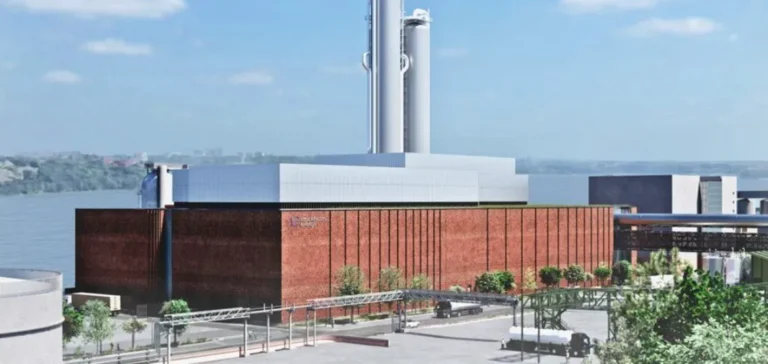Frontier Infrastructure Holdings has concluded an offtake agreement with Wild Assets covering up to 120 000 tonnes of bioenergy with carbon capture and storage (BECCS) credits, PRNewswire reported on 24 June. The deal secures the Texas-based company a firm buyer for high-permanence carbon dioxide removal (CDR) certificates produced from ethanol refineries in the Mountain West region and Texas. Biogenic carbon will be transported by rail to the Sweetwater geological storage hub in southwestern Wyoming for permanent sequestration. Frontier is owned by Tailwater Capital, a private-equity firm specialising in energy and environmental infrastructure.
Rail as a scaling vector
Frontier’s rail logistics programme uses existing tracks controlled by an undisclosed Class I carrier to move liquefied CO₂ from dispersed sites to Wyoming. The approach avoids lengthy permitting processes that hinder interstate pipelines while enabling rapid commissioning. Frontier plans to start building compression units and loading stations later this year and has authorised capacity to store more than two mn tonnes per year. Sweetwater’s proximity to oil and gas infrastructure reduces surface footprint and technical risk.
“We are proud to partner with Wild Assets, an organisation that recognises the need for scalable and permanent carbon removal,” said Steven Lowenthal, co-chief executive officer of Frontier. He added that the agreement validates the company’s strategy to lead CO₂-by-rail logistics and invest in durable storage assets. Matan Rudis, partner at Wild Assets, praised Frontier’s “thoughtful engineering” and adherence to Puro’s strict standards prior to credit issuance. The New York-based manager intends to place the certificates with institutional investors seeking long-term climate exposure.
Demand for durable removals grows
The deal comes as voluntary-market buyers tighten quality checks following controversies over permanence and additionality. BECCS credits rank among the most reliable instruments because they remove atmospheric carbon rather than deferring future emissions. Independent registry Puro.earth imposes a one-hundred-year permanence requirement before issuing tradable units. AlliedOffsets estimates that fewer than five mn tonnes of BECCS credits have been issued worldwide to date, highlighting scarce supply.
Founded last year in New York, Wild Assets positions itself as the first global manager dedicated to CDR portfolios. It aggregates supply from technology providers and negotiates long-term offtake contracts for companies and financial institutions anticipating future disclosure obligations. Frontier also develops low-carbon terminals, pipelines and storage sites in Colorado, Utah and Wyoming in addition to Texas ethanol corridors. Tailwater Capital has raised three point three bn $ across five funds since 2013 to finance midstream and sustainability-focused projects.
Next implementation steps
Frontier plans to finalise front-end engineering for the Sweetwater hub in the fourth quarter and simultaneously file a Class VI well application with the United States Environmental Protection Agency. Construction of rail spurs and injection wells is expected to begin early next year, subject to final investment decisions. Wild Assets will draw certificates in tranches aligned with verified storage milestones and sell them through multi-year contracts. Adding further ethanol refineries to the network could lift annual removals beyond two mn tonnes.






















